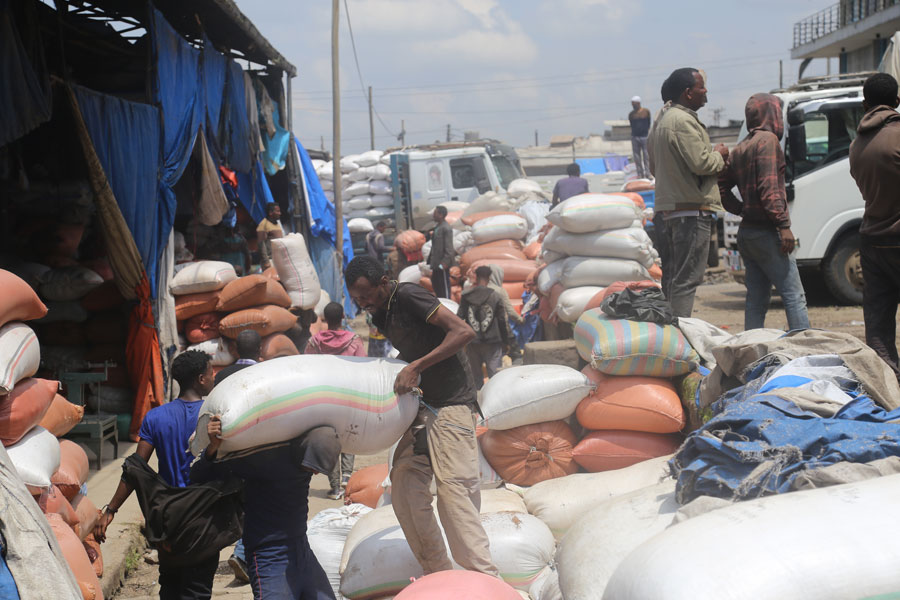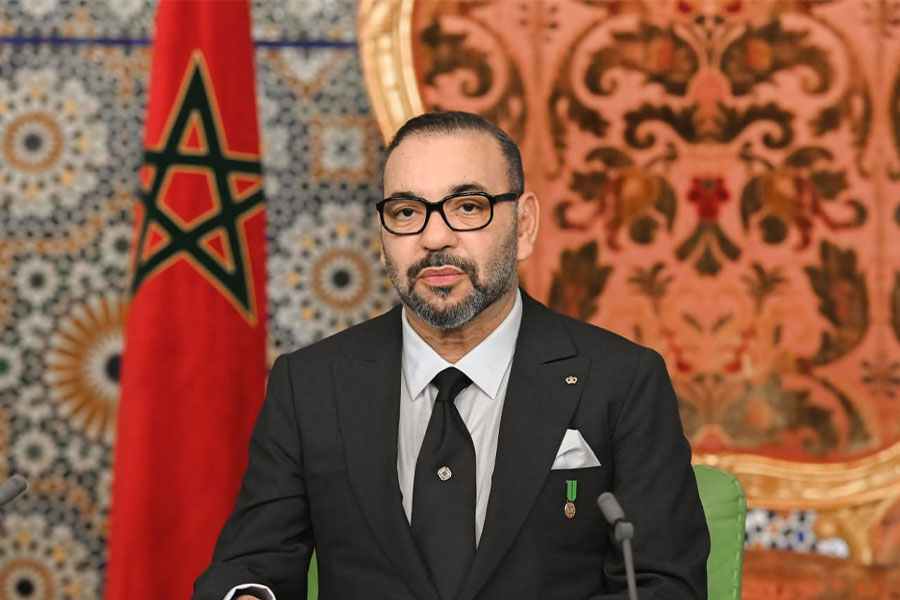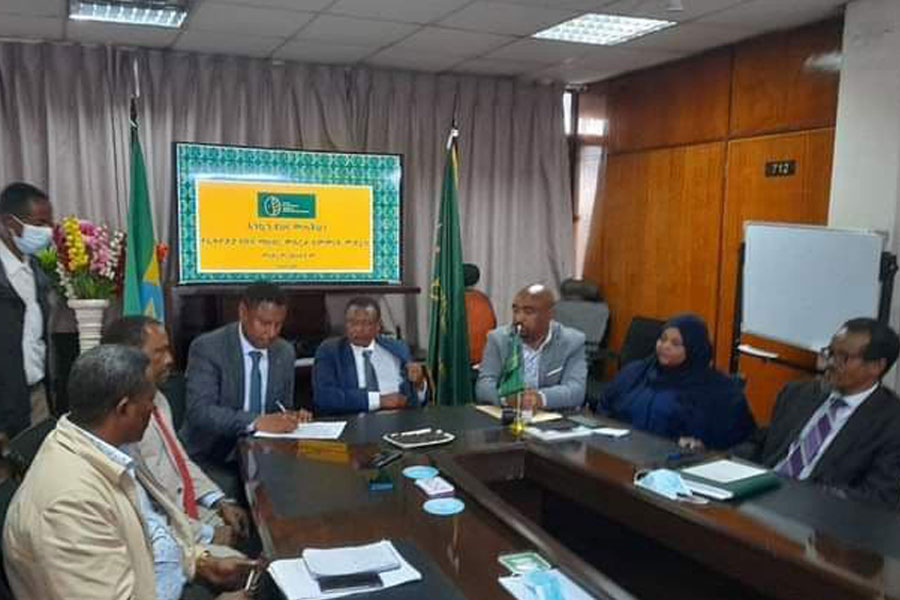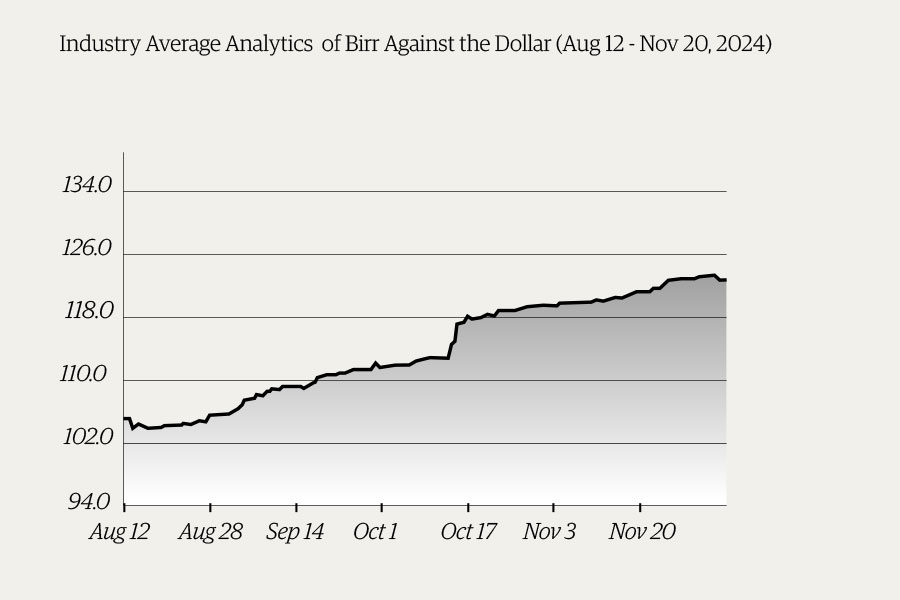
Fortune News | Aug 19,2023
Apr 3 , 2021
By Dejen Yemane
Too many still think of war in its traditional and classic contours. They expect the waging of wars by leaders, the blaring of firearms and reports of casualties. But this is not the reality in the 21st century. True, wars are still openly fought on the battlefields, including in this country. But more and more, they have come to take place in silent and informal ways, as witnessed in the dispute over the Grand Ethiopian Renaissance Dam (GERD).
The water war between Ethiopia, Egypt and Sudan began in November 2019, long after the United States and the World Bank took to “mediating.” The country escalated the Dam dispute. Before the invitation of third parties to the Nile, Egypt (itself a third party to the GERD) has long threatened Ethiopia not to proceed with unilateral measures of constructing and filling the Dam. When Ethiopia went through with the latter, it provoked the withholding of development assistance by the United States under the Trump administration and the subsequent incitement of Egypt to blow up the Dam, and the matter came ever closer to the threat of use of force.
Indeed, the pace and nature of the tension has changed from the diplomatic tug-of-war to material warfare over the past months. Conventional war with Sudan is underway over disputed borderlands. Egypt is dancing around with possible intervention.
The most significant development has been Sudan's incursion into the al-Fashqa border area, despite the land’s disputed status. It would be a mark of gullibility to take this aggression only for an occupation of fertile land and not a symbolic statement on Sudan’s growing hostility to Ethiopia at Egypt’s bidding.
To push the matter further, the joint military pact between Egypt and Sudan is a clear signal for Ethiopia on how it finds itself alone in the dispute. In the middle of all this, Egyptian President Abdel Fattah Al-Sisi’s warning of “unimaginable instability” in the instance of any change to the country’s self-ascribed water share to the Nile waters is the cherry on top of what could easily become a conventional war between the countries.
Unfortunately, Ethiopia has not made matters easy for itself, pouring fuel over the water wars at its own cost. Lack of far-sightedness and an inability to use proactive diplomacy has made the country look more like an aggressor than a victim. The naïve decision-making approach by its politicians led to the ultimate disregard of Egypt's call for the intervention of third-party countries and institutions in the GERD dispute.
Having the crossroads and uncertainties in mind, it is impossible not to recite the veils of ignorance that cause Ethiopia to find itself on the verge of interstate war. The first blame shall go to the political and diplomatic circles that abetted the GERD dispute's escalation without a proper understanding of what the intervention of third parties would bring. They have failed collectively to read the geopolitical implication that had been foretold in the genealogy of the Nile politics over the past decades.
No less blame-worthy is the blind advocacy made in support of the negotiation without taking proper caution about the consequences. This group includes scholars, analysts, journalists and social media activists.
The lost opportunity was the failure to push for a basin-wide arrangement to which Egypt has been unduly hostile. To remain in the negotiations until it was too clear that it was not going Ethiopia’s way was another failure that made it look like the country had no real interest in negotiations that do not end in its favour. Yet another failure has been to portray how Sudan’s invasion into disputed lands was, at least in part, born out of the GERD dispute and Egypt’s possible complicity.
In the future, Ethiopia should insist on not resuming GERD negotiations as they are a means and an end for Egypt and Sudan to get their way. This is not to fuel more tension and create a casus bellifor a conventional war. People who see negotiation as a conflict-resolution method might not welcome this recommendation. But the failure to appreciate the track records and the escalations driven by the negotiations should underline how they have become a time bomb in the GERD dispute.
Instead, Ethiopia should make its case to the international community, carry on with the GERD's planned second-filling, and ready itself for the worst case possibility, as a realistic reading of developments in the region makes evident.
PUBLISHED ON
Apr 03,2021 [ VOL
22 , NO
1092]


Fortune News | Aug 19,2023

Fortune News | Dec 28,2019

Advertorials | Jun 03,2025

Editorial | Apr 30,2022

Fortune News | Sep 26,2021

Life Matters | Aug 17,2019

Commentaries | May 31,2025

Money Market Watch | Dec 08,2024

Fortune News | Dec 25,2021

Editorial | Oct 07,2023

My Opinion | 131969 Views | Aug 14,2021

My Opinion | 128359 Views | Aug 21,2021

My Opinion | 126296 Views | Sep 10,2021

My Opinion | 123912 Views | Aug 07,2021

Dec 22 , 2024 . By TIZITA SHEWAFERAW
Charged with transforming colossal state-owned enterprises into modern and competitiv...

Aug 18 , 2024 . By AKSAH ITALO
Although predictable Yonas Zerihun's job in the ride-hailing service is not immune to...

Jul 28 , 2024 . By TIZITA SHEWAFERAW
Unhabitual, perhaps too many, Samuel Gebreyohannes, 38, used to occasionally enjoy a couple of beers at breakfast. However, he recently swit...

Jul 13 , 2024 . By AKSAH ITALO
Investors who rely on tractors, trucks, and field vehicles for commuting, transporting commodities, and f...

Jul 5 , 2025
Six years ago, Ethiopia was the darling of international liberal commentators. A year...

Jun 28 , 2025
Meseret Damtie, the assertive auditor general, has never been shy about naming names...

Jun 21 , 2025
A well-worn adage says, “Budget is not destiny, but it is direction.” Examining t...

Jun 14 , 2025
Yet again, the Horn of Africa is bracing for trouble. A region already frayed by wars...

Jul 6 , 2025 . By BEZAWIT HULUAGER
The federal legislature gave Prime Minister Abiy Ahmed (PhD) what he wanted: a 1.9 tr...

Jul 6 , 2025 . By YITBAREK GETACHEW
In a city rising skyward at breakneck speed, a reckoning has arrived. Authorities in...

Jul 6 , 2025 . By NAHOM AYELE
A landmark directive from the Ministry of Finance signals a paradigm shift in the cou...

Jul 6 , 2025 . By NAHOM AYELE
Awash Bank has announced plans to establish a dedicated investment banking subsidiary...